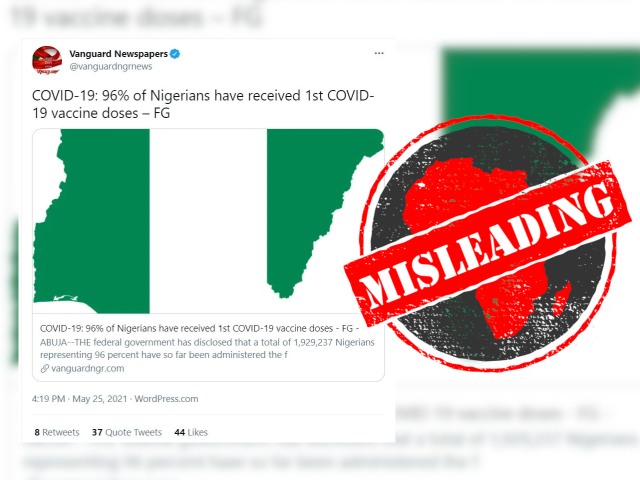A post by the South African Facebook page BKA Boere Krisis Aksie claims seven “lockdown procedures” will be enforced by local authorities during the coronavirus crisis – and that breaking the rules will result in “instant arrest”.
“Boere Krisis Aksie” is Afrikaans for “farmers crisis action”. Its post claims the procedures “will not necessarily be made public”.
They include that South Africans must wear masks and gloves while travelling, are not allowed to walk their pets, and may be arrested for returning from the shops without a receipt.
South Africa has been put under an enforced lockdown from 27 March 2020, intended to keep people at home for 21 days to stop the spread of Covid-19. There are a number of restrictions on people during this time, but the government has made these public.
Africa Check has previously debunked a claim by BKA. But are their claims about the lockdown correct?
Travel restrictions
The BKA post claims that people are “not allowed to travel in pairs” and are required to wear a mask and gloves while travelling. These claims have all been dismissed by the South African government.
On the official government website, under the title “Fake News - Coronavirus Covid-19”, the government debunks fake images, memes and news shared online.
These include claims that “documentary justification” is required for travel on a public highway and that vehicles should be limited to one occupant. There’s also the claim that, if many people must travel together, all occupants of the vehicle must wear masks. None of this is true.
Vehicles that have been allowed to travel, including private cars, may carry “no more than 50% of the licensed capacity”, which means at least two people can travel in most cars.
Regulations also do not include instructions for private individuals to wear masks or gloves.
Don’t walk the dog
There have been conflicting messages about dog-walking.
Health minister Zweli Mkhize first announced on TV that South Africans can walk their dogs during the shutdown.
But police minister Bheki Cele said that dog walking was expressly not allowed. He told media: “If you really want to walk your dog, do it around your house.”
The official regulations say people may only leave their homes “strictly for the purpose of performing an essential service, obtaining an essential good or service, collecting a social grant, or seeking emergency, life-saving or chronic medical attention”.
Activities like hiking and dog walking are prohibited.
Road blocks
In their Facebook post, BKA also said that roadblocks will be implemented “EVERYWHERE” and that at roadblocks masks and gloves will be given out to travellers who are not wearing them.
BKA also claim that citizens may be arrested at these roadblocks, if they are unable to provide proof that they travelled for a legitimate reason. Proof could be something like a grocery store receipt.
This claim is supported by neither official regulations, nor by official communications from transport minister Fikile Mbalula, nor by police minister Cele.
Cele has said that police will be increasing the number of roadblocks and checkpoints, but these roadblocks will not be distributing masks and gloves.
Anyone “performing essential services” must have written permission to perform that service, but this does not apply to those purchasing essential goods or services.
Anyone who is travelling legally may be screened for Covid-19 but is not required to show proof of a valid reason to travel. “Documentary justification” is among the false lockdown regulations that have been dismissed on the South African government website. At time of writing, there is no requirement that a citizen provide physical proof of a legitimate reason to leave their home.
Mixed messaging – rather follow government guidelines
The BKA post is right about some things and wrong about others. It is correct that dog walking will not be allowed during the lockdown, and that “only CERTAIN shops will be open”.
As explained by the country’s national health department, grocery stores, pharmacies, banks and other essential services will remain open. Shops and businesses that are not essential will be closed.
For a full list of regulations, South Africans should consult the Disaster Management Act and its amendments, available on the government website. This is wiser than relying on conflicting information being shared online.
Republish our content for free
For publishers: what to do if your post is rated false
A fact-checker has rated your Facebook or Instagram post as “false”, “altered”, “partly false” or “missing context”. This could have serious consequences. What do you do?
Click on our guide for the steps you should follow.
Publishers guideAfrica Check teams up with Facebook
Africa Check is a partner in Meta's third-party fact-checking programme to help stop the spread of false information on social media.
The content we rate as “false” will be downgraded on Facebook and Instagram. This means fewer people will see it.
You can also help identify false information on Facebook. This guide explains how.





Add new comment